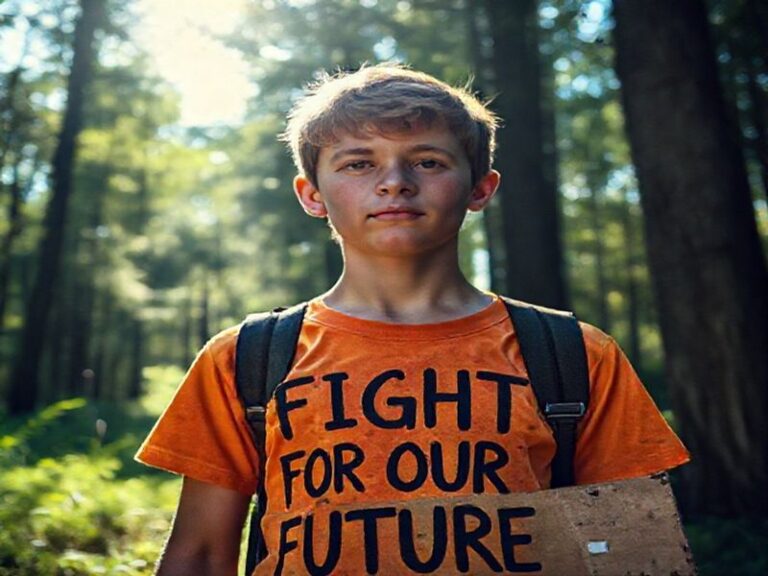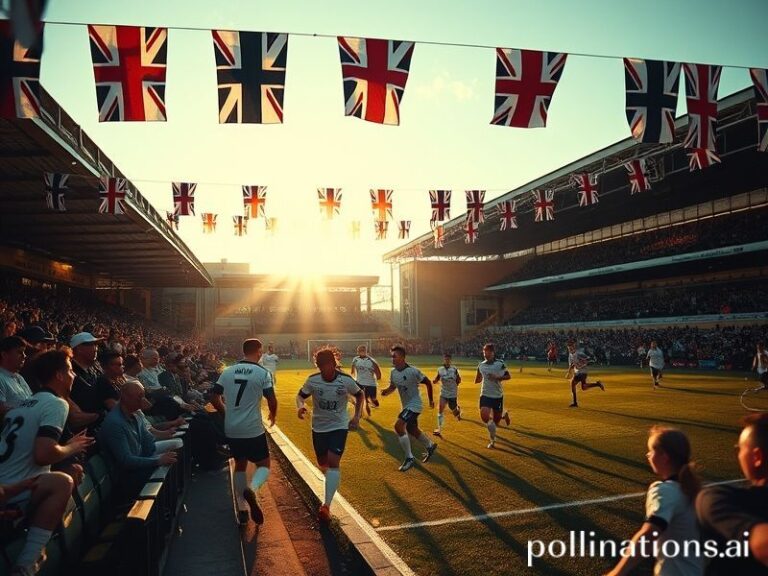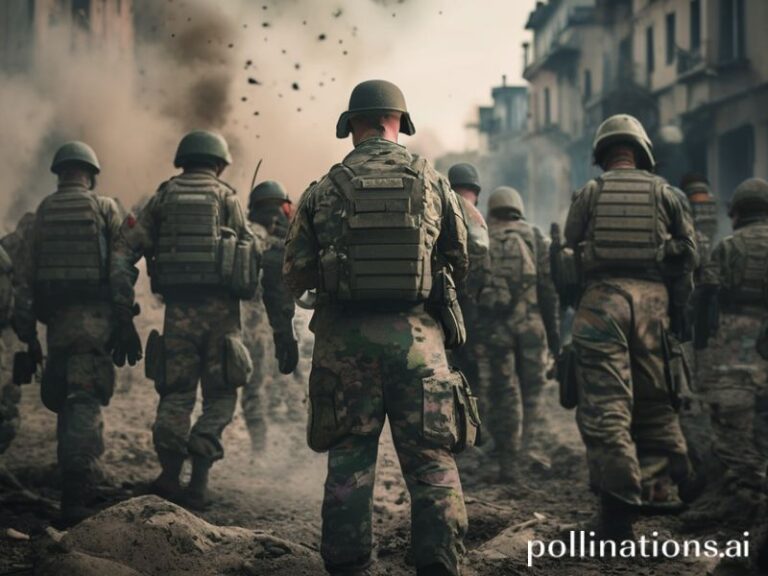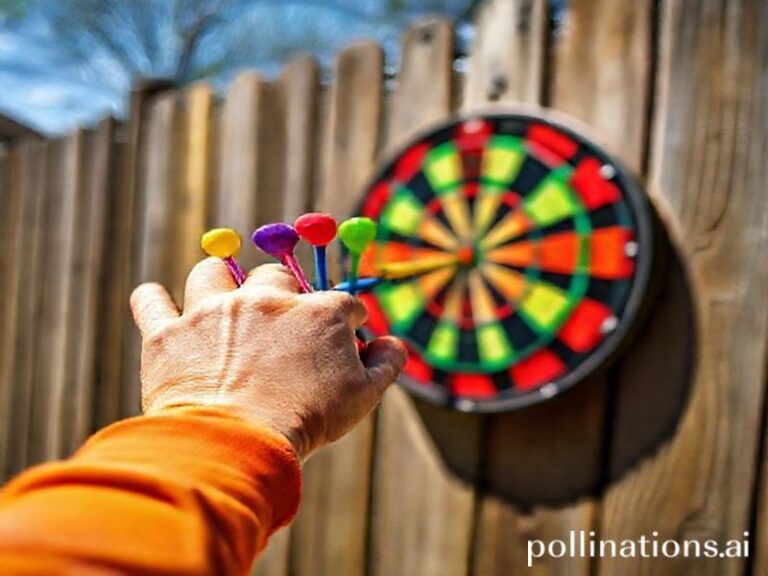BBC Sport: The Last Outpost of Empire Where the World Still Huddles for Scores and Scoldings
If you want to witness the British Empire’s last functioning colonial outpost, skip the Foreign Office and open the BBC Sport app. From Lagos to Lahore, the familiar Reithian baritone still carries the same faintly patronising promise: “We shall explain the rules of cricket to you, old sport, and incidentally remind you who invented them.” It’s imperial soft power disguised as ball-by-ball commentary, and half the planet tunes in because, frankly, the Wi-Fi is better than the local feed.
Globally, BBC Sport is less a broadcaster than a weather system. When the Premier League coughs, Asian betting syndicates catch cold. When Tyson Fury spouts off about Ukraine, Kyiv’s sports minister finds himself on the Today programme faster than you can say “trident nuclear deterrent.” The signal may originate in Salford, but the repercussions ripple through currency markets, diplomatic communiqués, and the adrenal glands of 24-hour news producers who suddenly need a “conflict-angle” on why Everton can’t defend set pieces.
Consider the recent Women’s World Cup: BBC Sport’s coverage was beamed into 190 territories—many of which still class female footballers as mythical creatures somewhere between unicorns and tax compliance. Overnight, Spanish sports editors who previously thought “offside trap” was a new dating app had to commission explainers on Sam Kerr’s left foot. Meanwhile, in Riyadh, Crown Prince Mohammed watched the final on a pirated stream and reportedly muttered, “We could buy that,” which is how you get a £300 million bid for the Matildas and a human-rights sidebar on the six o’clock news.
But the real sleight of hand is linguistic. BBC Sport exports English idioms like a cultural Trojan horse. When a Uruguayan pundit says “stonewall penalty” or a Singaporean fan complains about “parking the bus,” they aren’t just borrowing phrases—they’re paying lexical royalties to a worldview where rain is “coming down in stair-rods” and heroic failure is the highest form of success. It’s a vocabulary that makes losing the Ashes feel like winning Waterloo, and we all pretend that’s normal.
The economic footprint is equally absurd. Every Saturday, global GDP drops approximately 0.7 percent while Nigerian data clerks, Norwegian dentists, and Nicaraguan narco-accountants refresh the BBC live blog to see if Erling Haaland has added another deformed statue to his goal tally. Productivity planners in Davos have given up: they now schedule conference calls for Monday because the world’s workforce is essentially catatonic from 14:45 to 16:55 GMT. You could launch a coup in that window and no one would notice unless it happened on the centre circle at Old Trafford.
Of course, the Beeb’s veneer of impartiality wobbles like a drunk linesman whenever geopolitics wanders onto the pitch. When Russia hosted the 2018 World Cup, BBC Sport’s introductory montage featured an Orthodox choir, a bear on a unicycle, and zero mention of Novichok. By 2022, the Qatar opener was introduced with sepulchral music and a monologue about “sportswashing” that sounded like a funeral for the concept of fun itself. Viewers in Doha switched to Al Jazeera, where the same match was framed as a triumph of air-conditioned human ingenuity—proof that every satellite feed is just a mirror with better lighting.
And yet, for all the cant, BBC Sport remains the closest thing we have to a global campfire. In refugee camps, displaced Syrians huddle around a cracked phone to watch Match of the Day on 240p. In Toronto, Jamaican nannies stream the cricket on mute so the kids won’t learn the swear words. Even the Taliban—who banned football for being too decadent—were reportedly caught running a secret cable from the Pakistani border just to catch the FA Cup final. Oppressors, it turns out, still want to know if United can win the treble.
So as another season lurches into existence, remember this: the ball is round, the commentary is English, and the world is still stubbornly, gloriously addicted. BBC Sport doesn’t just cover the game; it is the game—an endless fixture in which we are all simultaneously spectators, stakeholders, and unpaid extras in Britain’s longest-running costume drama. Kick-off is in five minutes. Try not to invade anything while it’s on.







